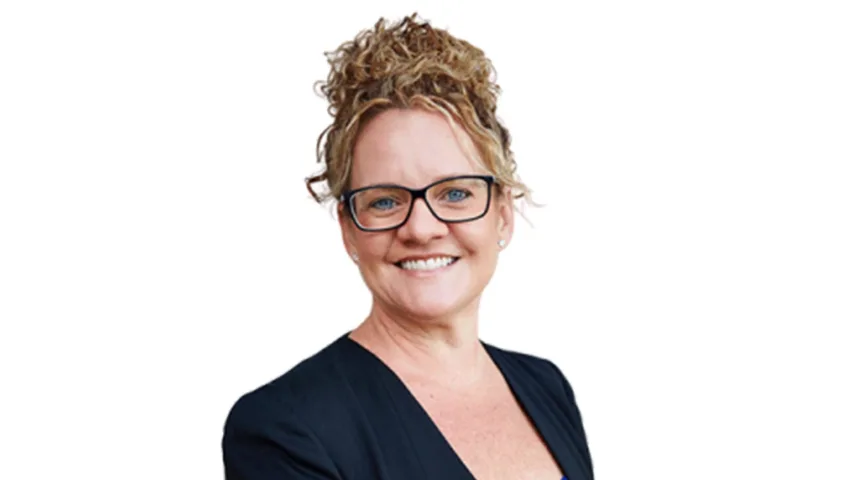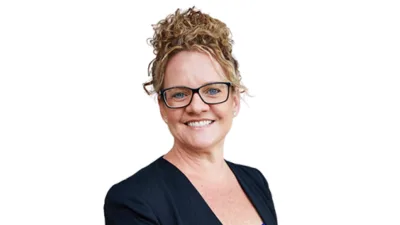Meet the Manager: Sarah Shaw of 4D Infrastructure



In the latest Meet the Manager profile, Money Management speaks with 4D Infrastructure CEO, CIO and portfolio manager Sarah Shaw.
Shaw began her infrastructure career at RARE Infrastructure as an emerging market portfolio manager, then as a director at AMP Capital Brookfield on its listed infrastructure capability, before setting up 4D in April 2015, a boutique asset manager of Bennelong.
Over three years, the firm’s 4D Global Infrastructure Fund (Unhedged) has returned 10.5 per cent versus returns of 11 per cent by the OECD G7 Inflation Index + 5.5 per cent per annum.
Read on as Shaw discusses the appeal of infrastructure, how Australia compares to the rest of the world and how the sector is recovering from COVID-19.
Money Management (MM): You hold multiple different roles at 4D, what journey have you had to reach this stage in your career?
Sarah Shaw (SS): I started out life as an accountant before moving very briefly into commercial law, then I landed in London in 1998 and ended up on the sell side doing telecoms research in the midst of the tech rise and fall, which was fun and a really interesting introduction to equities. I spent seven years in London before coming home to Australia in 2005 with the intention of staying in the equity world and really developing that career path. I landed in in listed infrastructure at that point when it was really just becoming recognised as an asset class, and I really developed a huge passion for it. I think it is a phenomenally exciting asset class. This led to the launch of 4D as a boutique infrastructure manager in 2015, so we are coming up to 10 years.
MM: How has listed and unlisted infrastructure changed in those 10 years since you founded 4D?
SS: Listed infrastructure has only really been recognised as an asset class for 20 years, and in those 20 years, the universe has grown from $1 trillion to $3.5 trillion, so there’s been a huge growth and that’s assets coming to the market and growth within those assets. There’s also been recognition that the need for private sector capital to invest in infrastructure is increasingly important; governments are the traditional providers of infrastructure, but they just don’t have the budget to provide that. That need for private sector capital is increasingly important, and that’s great for investors such as ourselves.
I think in the 20 years I’ve been doing infrastructure, the sector itself has grown rapidly, and I think the support for private sector investment to provide our basic and essential services has gained traction because people recognise that their quality of life and their efficiency and everything else can be improved by better infrastructure.
MM: Why should investors consider infrastructure and where is the sector heading?
SS: I really can’t think of a better investment proposition for the next 20 to 30 years. You have defensive, resilient earning streams underpinned by contract with inflation hedges, which is fantastic in most environments. You have such huge drivers of growth that are going nowhere, regardless of the short term, and you also have that unique diversity of asset and region within the asset class that allows you to position for any short-term cyclical events, whether they be macro, whether they be geopolitical. So you do have a truly global opportunity set.
The proof is in the history, in the sense that for 20 years, it’s given you 10 per cent EBITDA growth. It’s given a yield double that of general equities, it’s grown from $1 trillion to $3.5 trillion. This is 20 years of proof of not only the importance of infrastructure, but what it can offer investors if they’re willing to take the opportunity that’s presented.
MM: Having travelled overseas in your work, how does the infrastructure in Australia compare to other markets?
SS: We understand what infrastructure is here and we’re a big player; a lot of the listed infrastructure managers are here in Australia. It remains an education process around the rest of the world, in particular for somewhere like the US. Unfortunately, [the US] don’t have a lot of privately owned infrastructure, which has been a problem. They have utilities, some rail companies and some pipelines, but privately owned toll roads are still new. The US is a bit of a laggard there.
I think what people find quite interesting is the emerging markets have a lot of very strong industrial operators in the private space because the governments recognise the need for infrastructure but just don't have the capacity to do it. So if they want their countries to evolve and get better and improve the quality of life, they know the infrastructure must happen. But if they can’t do it themselves, these industrial operators have sprung up, and the populations or the users of this infrastructure are much more happy to pay for it because the alternative is so bad. So that’s the little shift in that mindset again between the emerging world and the developed world.
MM: How was the infrastructure space impacted by the COVID-19 pandemic and associated lockdowns? Is it recovering now?
SS: There were hard hits to some of the European airports and global airports during that severe point of lockdown, but they did recover very quickly; it was much more short term. After people had been locked up and hadn’t been able to do anything, the desire to travel was much more intense than it potentially would be. So airports really benefitted from that consumption-led demand. The government supported people during COVID to a large extent, so people were financed but didn’t have anything to spend money on, and that allowed them to think about travel in the future. There’s been a mental or structural change in people’s thinking and the need to save for a rainy day is less important; people would rather spend today when it comes to travel experiences.
To listen to the full interview with Sarah Shaw and a range of other experts, you may access the Relative Return podcasts here.
Recommended for you
Clime Investment Management has welcomed an independent director to its board, which follows a series of recent appointments at the company.
Ethical investment manager Australian Ethical has cited the ongoing challenging market environment for its modest decrease in assets over the latest quarter.
Commentators have said Australian fund managers are less knowledgeable compared with overseas peers when it comes to expanding their range with ETFs and underestimating the competition from passive strategies.
VanEck is to list two ETFs on the ASX next week, one investing in residential mortgage-backed securities and the other in Indian companies.















